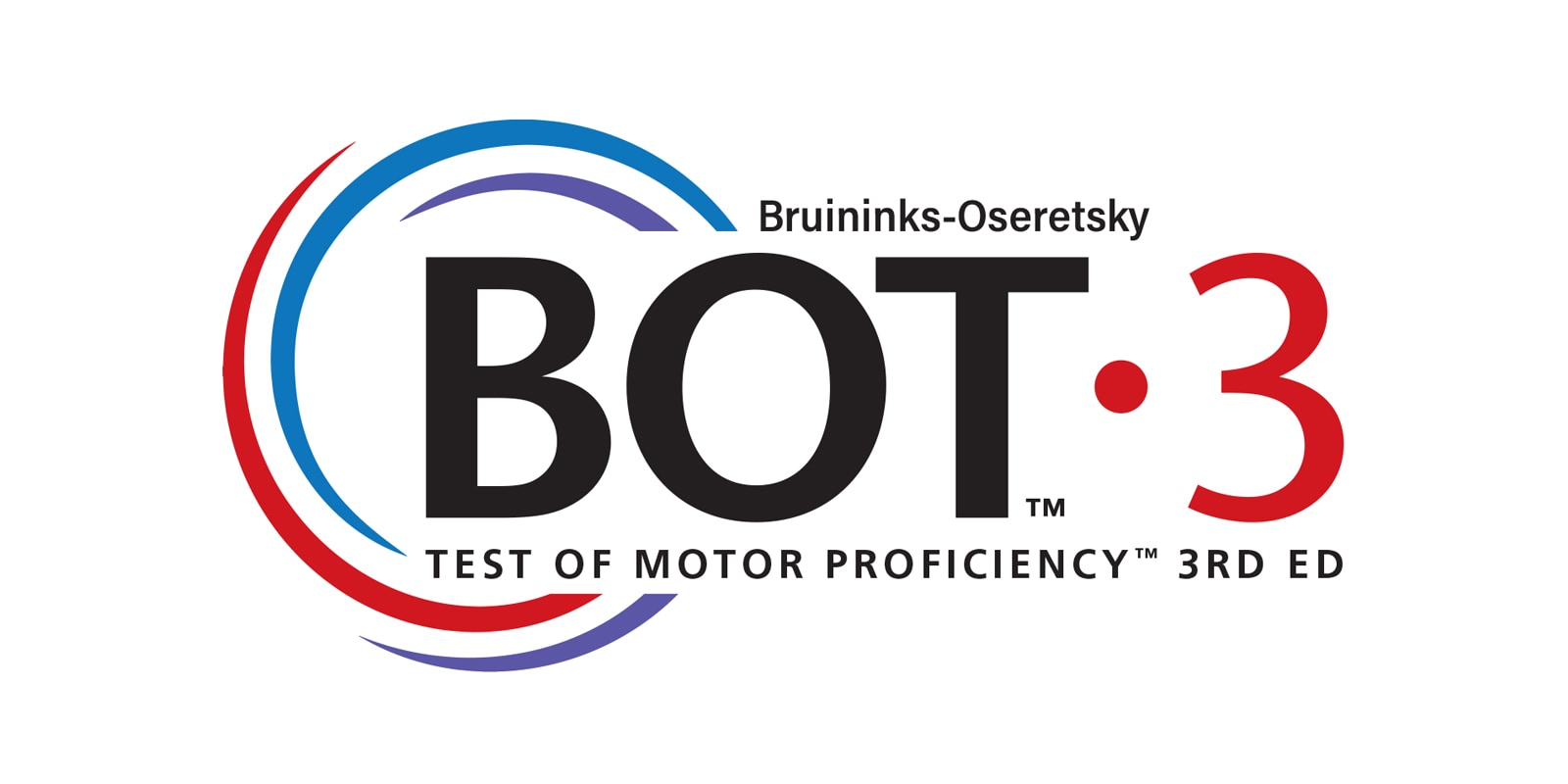
Hello!
We are unable to identify your country location. Please visit our International Contacts Page to find where you can order from.
-
ASSESSMENTS & SOLUTIONS
-
Other assessment types

Top mental health tools — all in one place.
-
-
LEARNING & TRAINING
-
Webinars & Blogs

-
-
ORDERING & SUPPORT
-
Account information
Manage orders
Contact us

Customer Support Reimagined
-
-
Home
${loserAccounts} been merged into ${winnerAccount}.
A recent audit found these accounts to be duplicative. Addresses, order history and Q-global ordering for both accounts are now accessible via the ${winnerAccount} account. If something isn’t right, please contact us.
${loserAccounts} been merged into ${winnerAccount}.
A recent audit found these accounts to be duplicative. Addresses, qualified users, order history and Q-global ordering for both organizations are now accessible via the ${winnerAccount} account. If something isn’t right, contact us.



